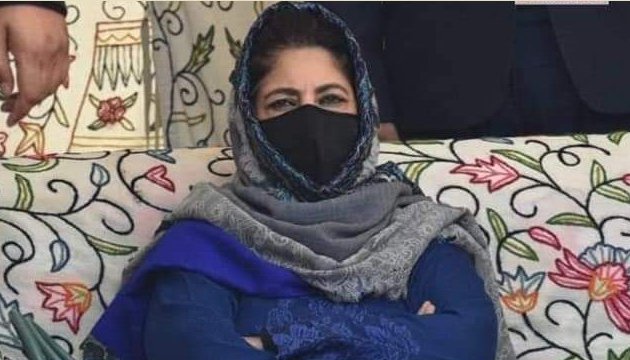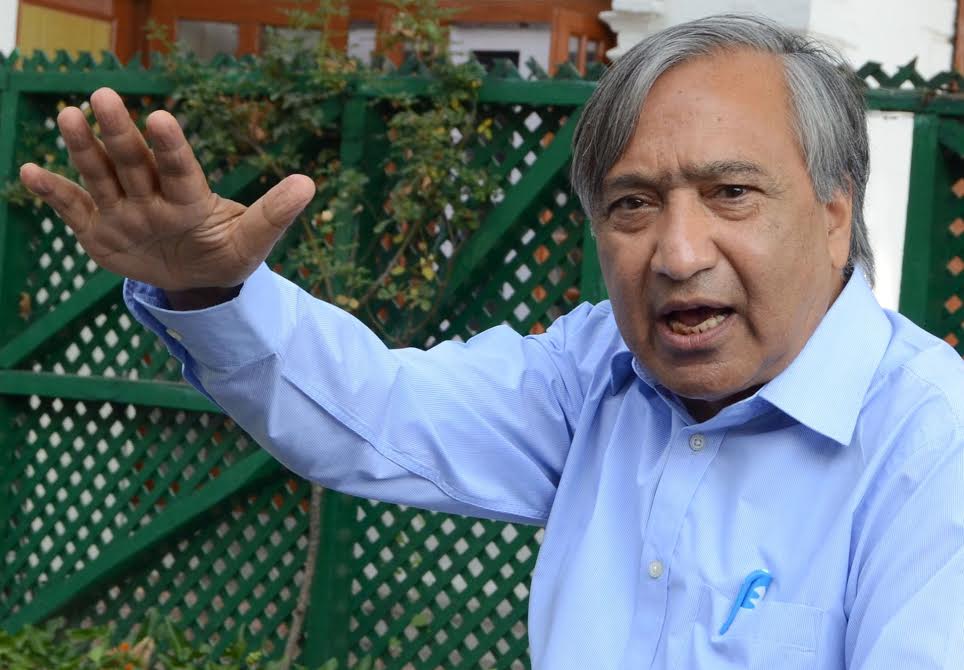
Srinagar, March 3: Former Chief Minister and PDP chief as well as CPI (M) leader Mohammad Yousuf Tarigami on Thursday termed revival of Village Defence Committees as an attempt to create a wedge between communities and said that the claims run contrary to normalcy claims by government.
“MHAs’ move to form Village Defence Committees across J&K is another addition to a slew of decisions that contradict GOIs (government of India’s) much touted normalcy claims. Clearly J&K is far from any semblance of normalcy,” Mehbooba said in a tweet, adding, “It will also create a wedge between communities.”
The MHA changed their nomenclature to Village Defence Guard (VDG) and announced members a monthly honorarium.
This was stated by the Home Ministry in a communication to the J&K Chief secretary.
“In more vulnerable areas, persons who shall be leading or coordinating the VDG would be paid Rs 4,500 per month and other persons who are members of these VDGs on voluntary basis will be paid a uniform rate Rs 4,000 per month,” it said.
The home ministry made it clear that the VDGs will function under the direction of the superintendent of police or the senior superintendent of police of the district.
The revised scheme, however, will be made effective only after apprising the Jammu and Kashmir High Court, where a case related to the issue is pending.

Describing the plans of the Centre and the Jammu and Kashmir administration to revive the Village Defence Committees (VDCs) as alarming, CPI(M) leader Mohammad Yousuf Tarigami said that the move was bound to prove counter-productive.
“These committees have faced accusations of gross abuses in J&K in the recent past. Reportedly J&K Police has filed around 200 cases against VDC members for rape and murder etc,” Tarigami said in a statement, adding, “Their role is shadowed by their involvement in rampant human rights abuses”.
He further said: “At a time when J&K, and especially Kashmir, has been put under unprecedented restrictions, including on civil society and media, the move is bound to create a wedge between communities and contradicts tall claims of normalcy in the region.”
